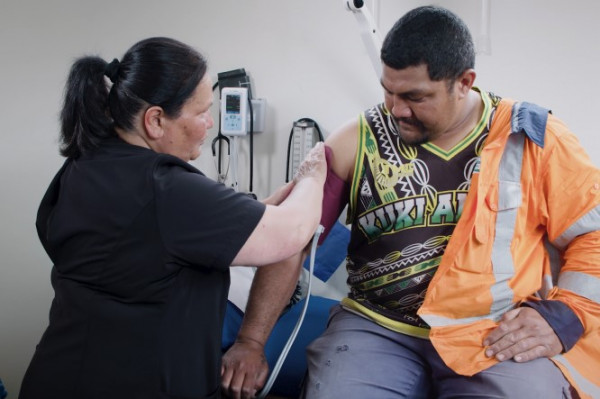Self-management is taking charge of your own health. It's especially important for people living with long-term conditions. To do this you need to be able to:
- find out more about your condition/s
- Learn new skills to help you manage your condition/s, such as pacing your activities if you have pain, or altering your diet if you develop diabetes.
- Make decisions about your own body.
- Plan what action you’re going to take.
- Develop a partnership with healthcare providers.
- Choose which of the available management options you are going to use, and which you chose not to use.
- Access resources.
- Solve any problems that arise.
Video: Self-management and self-management support
Here's a video that talks about what self-management is and how it can help you to improve your wellbeing. This video may take a few moments to load.








